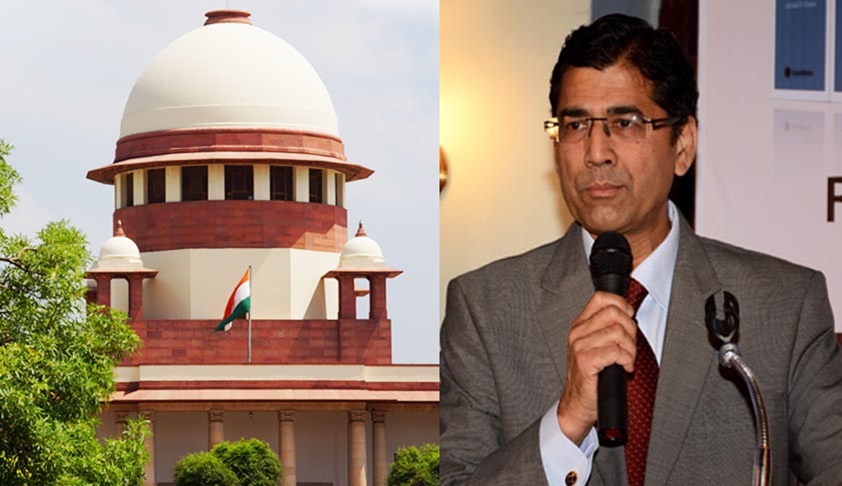On day two of the hearing in the 5-year-old foreign law firms case, senior counsel Arvind Datar, appearing on behalf of six UK-based law firms, submitted before the Supreme Court on Monday that the Madras High Court judgment in AK Balaji v BCI & Ors may not be disturbed to the extent it has been held therein- “there is no bar either in the Advocates’ Act of 1961 or the BCI rules for...

